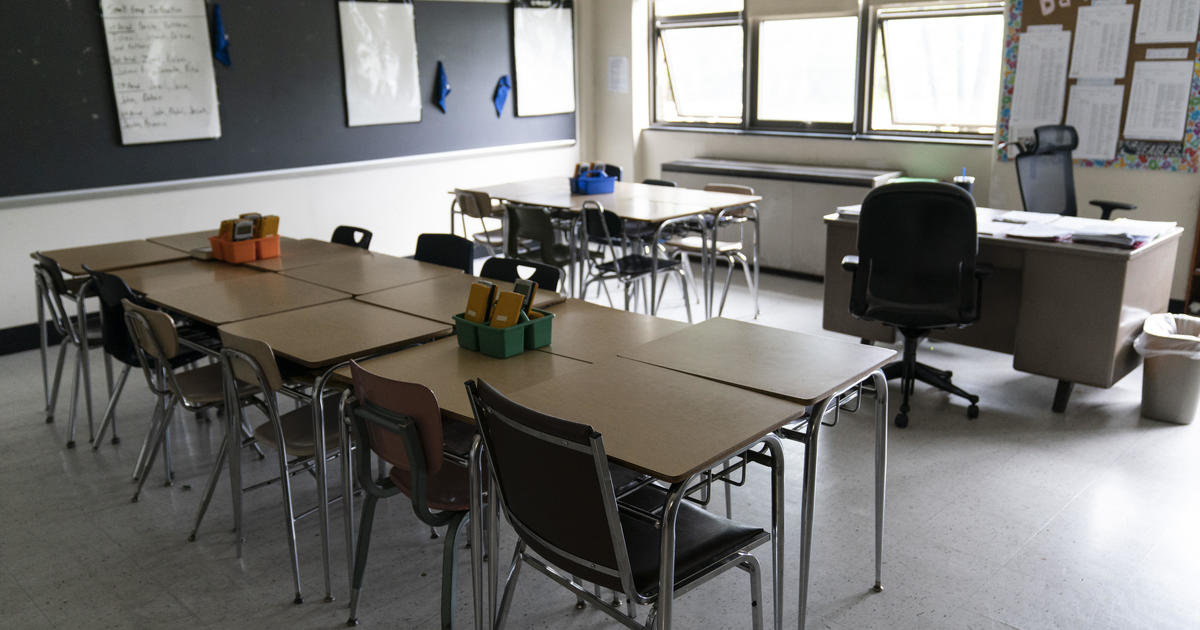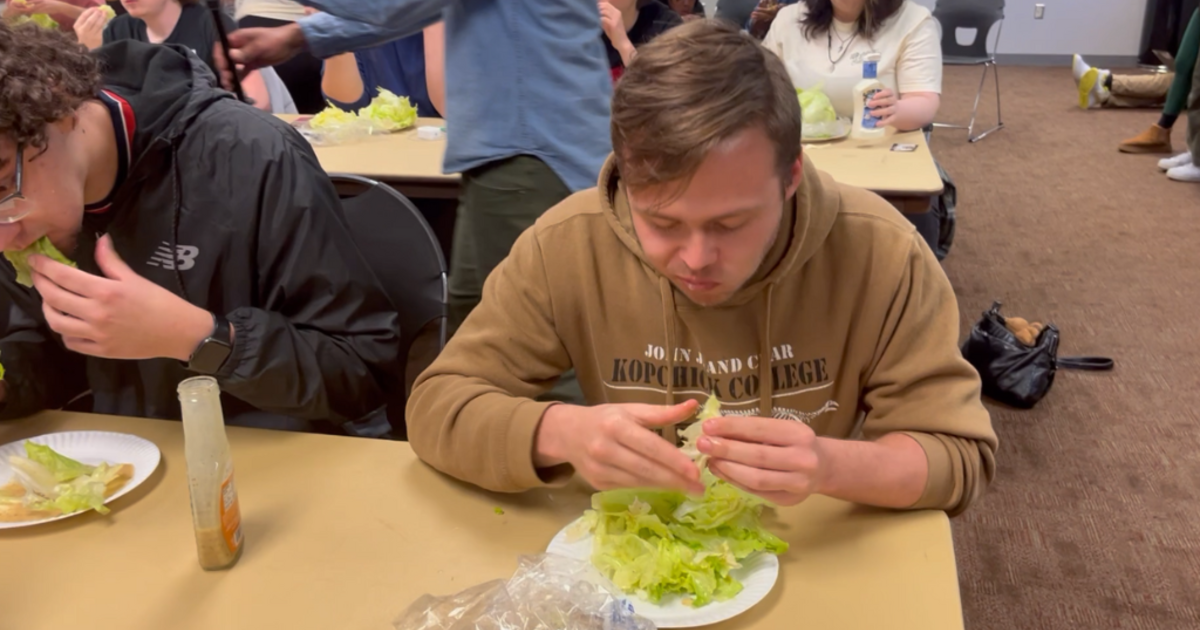Pitt, Penn State, 2 other Pennsylvania universities plugging budget gaps while awaiting state subsidies
(AP) -- Four of Pennsylvania's universities are plugging budget gaps while they await hundreds of millions of dollars in aid that has been snarled in a partisan dispute among lawmakers in a state that has one of the nation's most abysmal records for funding higher education.
Education advocates argue that even a proposed increase in aid won't make a dent in the underfunding of Pennsylvania's higher education.
The University of Pittsburgh, Penn State, Temple and Lincoln are in line to receive about $623 million, a 7% increase proposed by Democratic Gov. Josh Shapiro "to keep them whole as federal aid shrinks." The universities, referred to as state-related universities, are not state owned, but receive subsidies.
The funding levels for higher education, however, lag behind those from decades ago.
Lawmakers approved funds to go out to the state-owned higher education system, community colleges and state financial aid. If the Legislature doesn't send any money to the four state-related schools, Pennsylvania's spending on higher education will be below $1.5 billion in fiscal 2023-24. That is below the $1.6 billion it was spending 25 years ago.
Pennsylvania ranks nearly last in just about every measure for college affordability. Tuition rates are high, students leave encumbered with more debt and the state gives less to higher education than others.
Advocates say a lack of state aid is a big reason for the higher tuition rates. The Keystone Research Center, a progressive thinktank organization in Harrisburg, found Pennsylvania spends $153 per capita on higher education, well below the U.S. average of $338.
Pennsylvania's Class of 2020 had the third-highest student loan debt in the nation, leaving college with an average debt of $39,375, the research center found.
This year, universities are addressing their budgets by not filling vacant positions, delaying upcoming raises, pausing some construction plans and putting out calls for advocacy from alumni. They planned their budgets with the optimism that the proposed increase would get lawmakers' approval.
"For us, the delay really hits us because it's our operations. And so we manage with any cash that we have sitting around," said Lincoln President Brenda Allen. "These days -- not a lot of cash is sitting around."
State House Republicans have cited concerns about tuition increases while repeatedly denying the necessary two-thirds majority needed to send the hundreds of millions of taxpayer dollars to the schools. The Democrats that control the House of Representatives bypassed the dispute last week by turning to a legislative maneuver that required approval of only a simple majority, but the bill faces an uncertain future in the Senate.
The schools operate on the fiscal year, but revolve around their academic calendar, said Zack Moore, the vice president of government and community relations for Penn State. If the appropriation passes in during the school's current fall semester, the university will be fine, he said.
"But I do believe that if we get into the new year, into the second semester of the academic year, then we will certainly get very, very nervous and potentially have to start taking other fiscal actions to make sure that we can pay salaries, can operate," he said.
House Majority Leader Rep. Matt Bradford, D-Montgomery, agreed that tuition freezes were necessary, but said the discussion hinges on the state funding levels.
"We need to talk about how we fund our schools and then about the issues of affordability, about tuition," he said. "And if you want to talk about things like freezes, you better get real about the funding levels."
It's been a long term problem for the state, going back to the 1980s, said Stephen Herzenberg, an economist and executive director of the Keystone Research Center.
As the era where careers were plentiful for people with only a high school education came to an end, cuts started coming to higher education. It has made it more difficult for people to get a degree they now need to find good paying jobs, he said.
Coupled with significant slashes to state funding around 2011, Pennsylvania has been on a trajectory of ranking low for affordability.
Even as they wait, the universities are already developing their requests for the next fiscal year. Hari Sastry, the senior vice chancellor and chief financial officer at the University of Pittsburgh, said they've heard the concerns about affordability, and have pitched a "shared sacrifice for the state."
To keep tuition flat for 2025, it would take an increase of 9% in the state appropriation. The university would fund about 3% itself, he said.
"It's a little bit of a different approach than what we've taken before," he said. "But we thought it was important to just show, you know, our commitment to making sure that that tuition stays affordable as possible."
The House Democrats' effort to skirt the Republican no votes is now before the state Senate, along with other legislation meant to tie up loose ends on the state's spending plan. Both chambers are scheduled to return next week.
"This is a skirmish, which will probably be resolved," Herzenberg said. "The long term funding issue is not a skirmish, it's a structural problem. And that's what Gov. Shapiro said in his budget address in early March — what we're doing right now in our education isn't working. And that's exactly right."
__
Marc Levy contributed to this report.
Brooke Schultz is a corps member for the Associated Press/Report for America Statehouse News Initiative. Report for America is a nonprofit national service program that places journalists in local newsrooms to report on undercovered issues.



